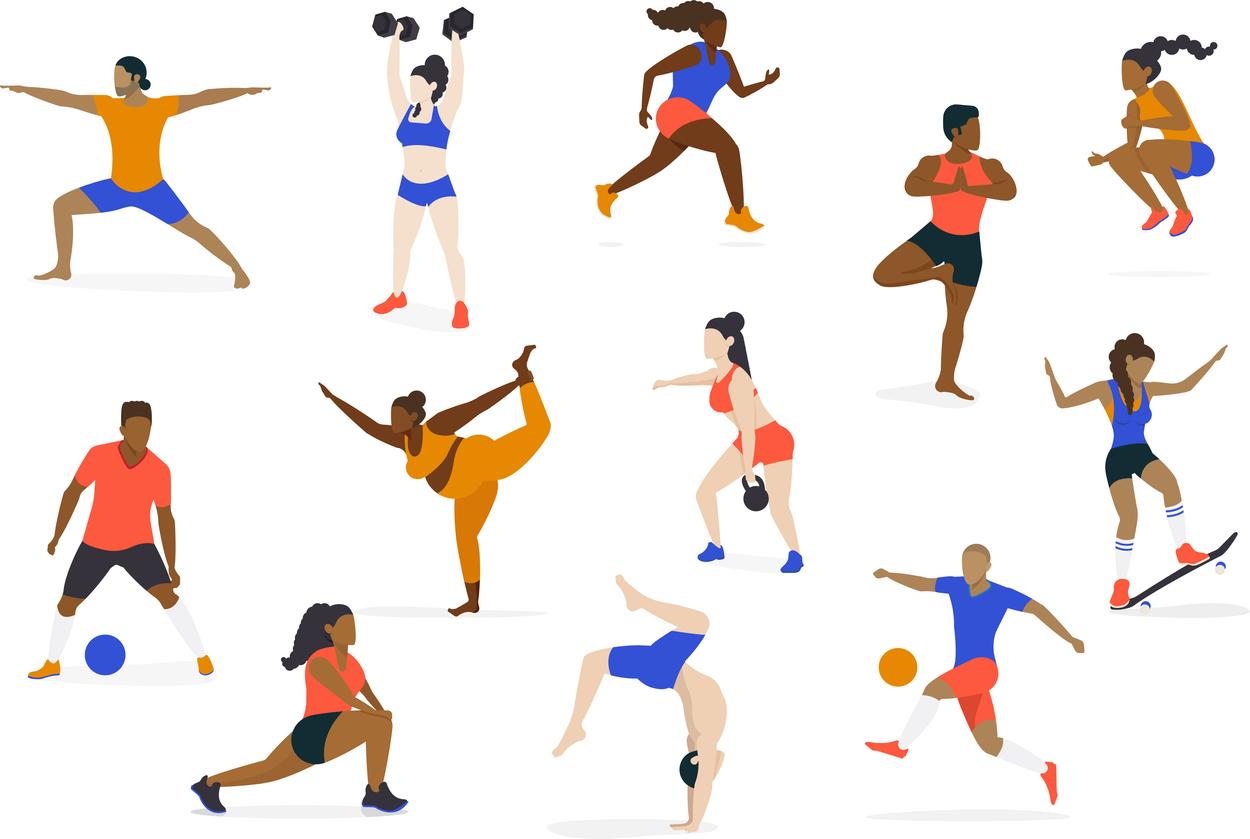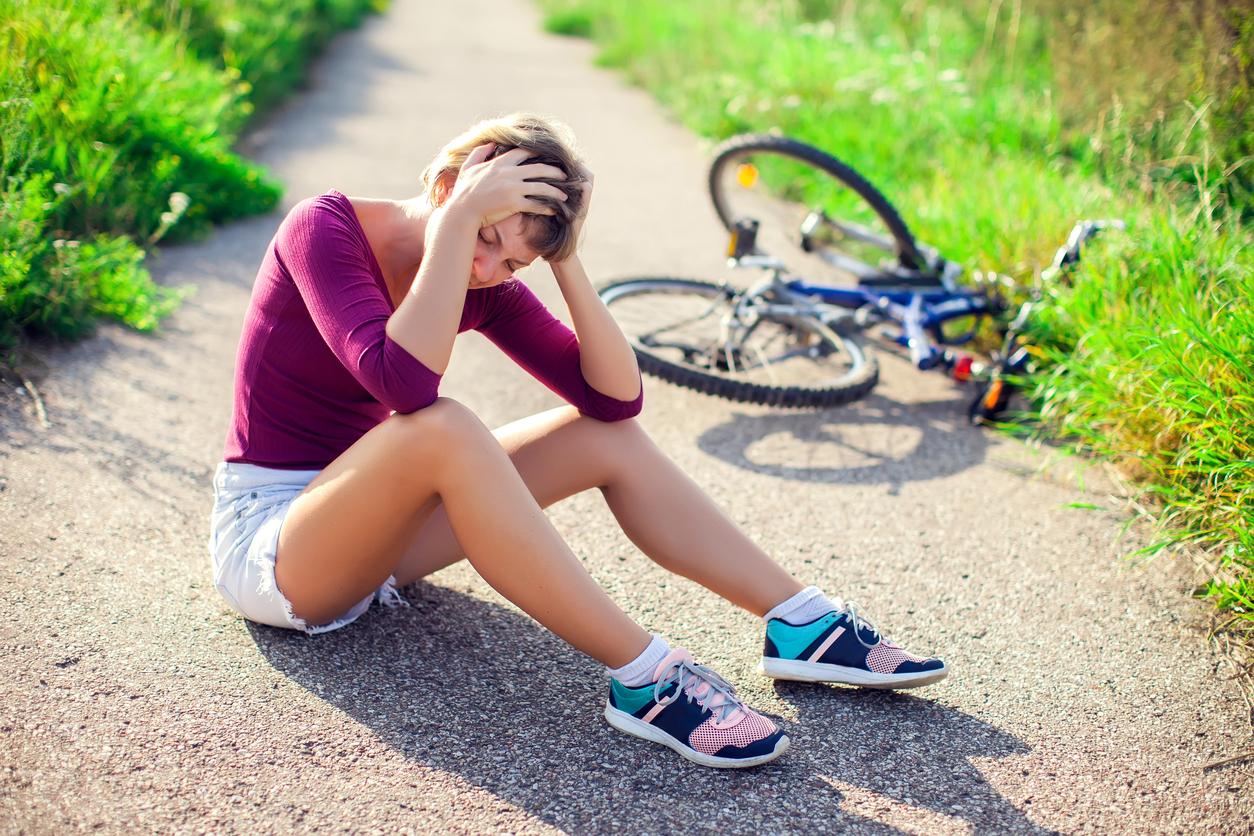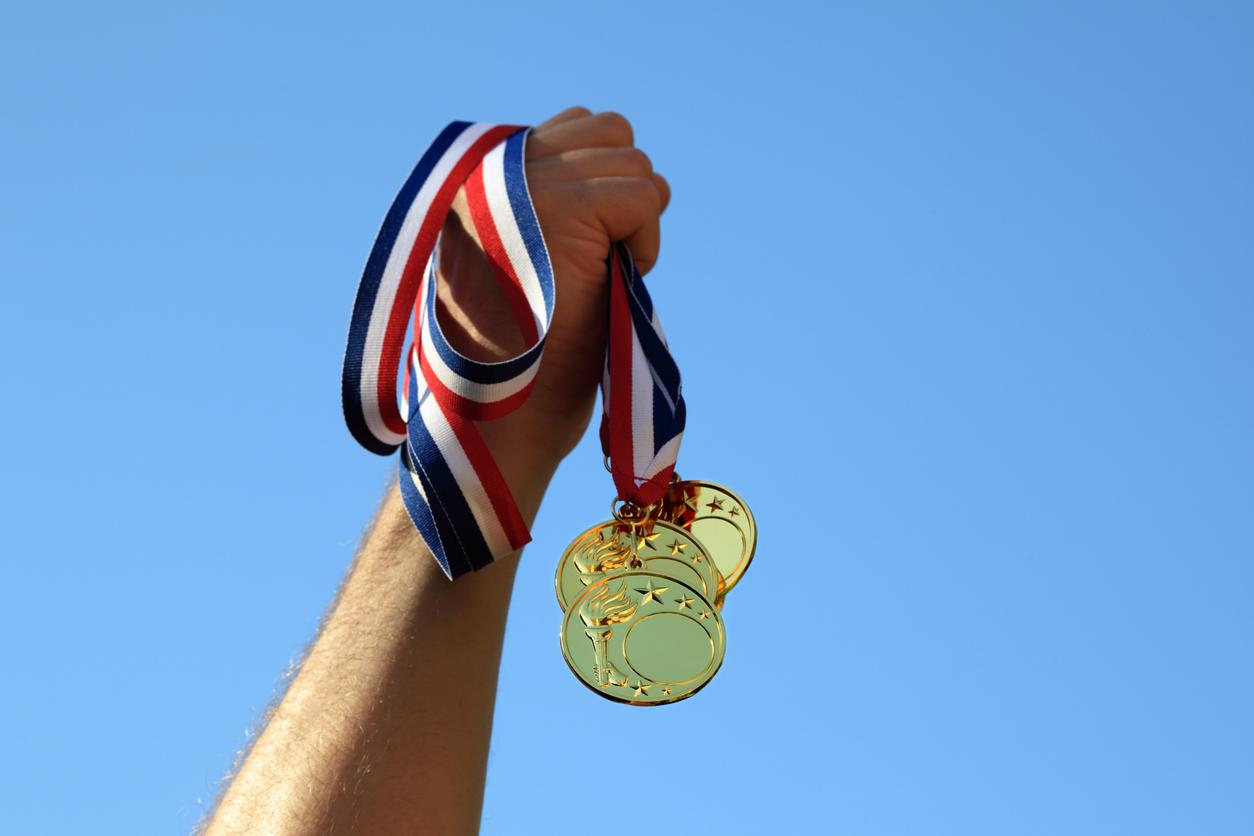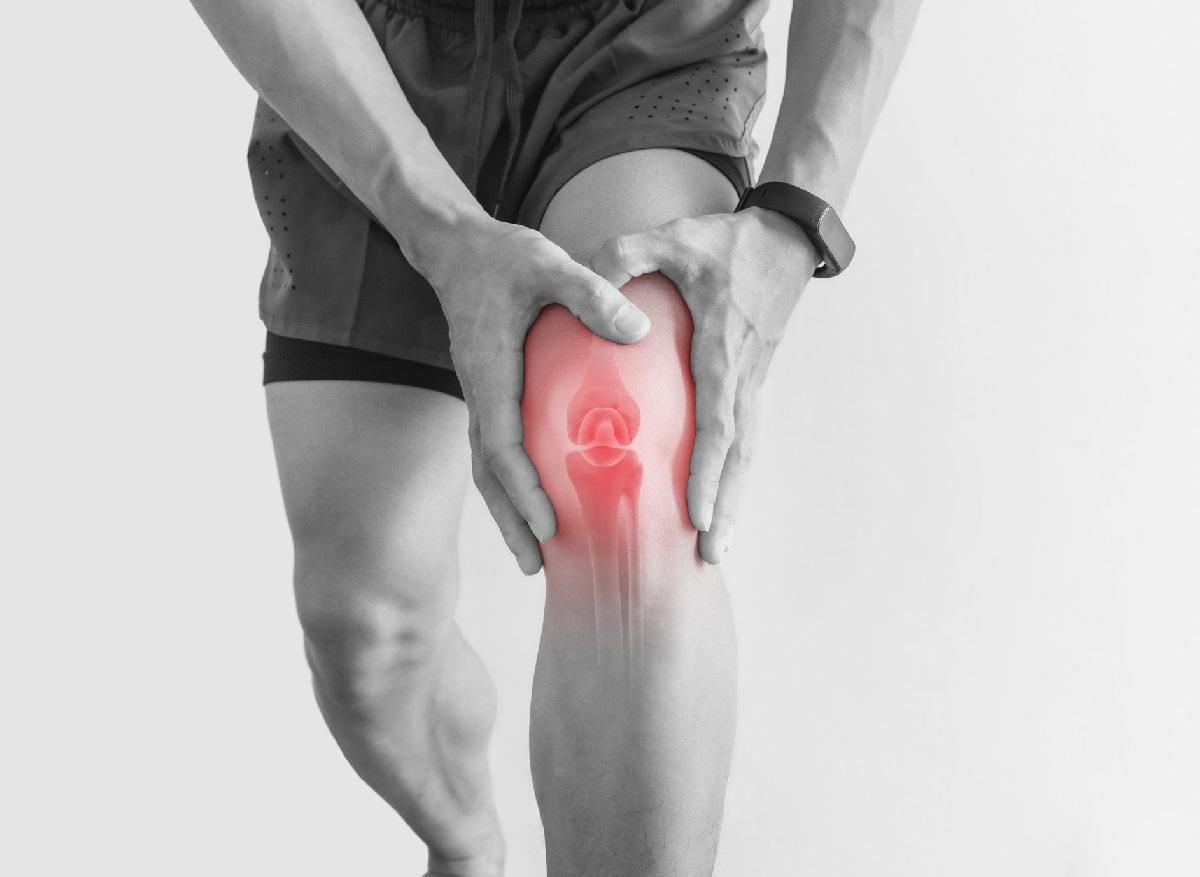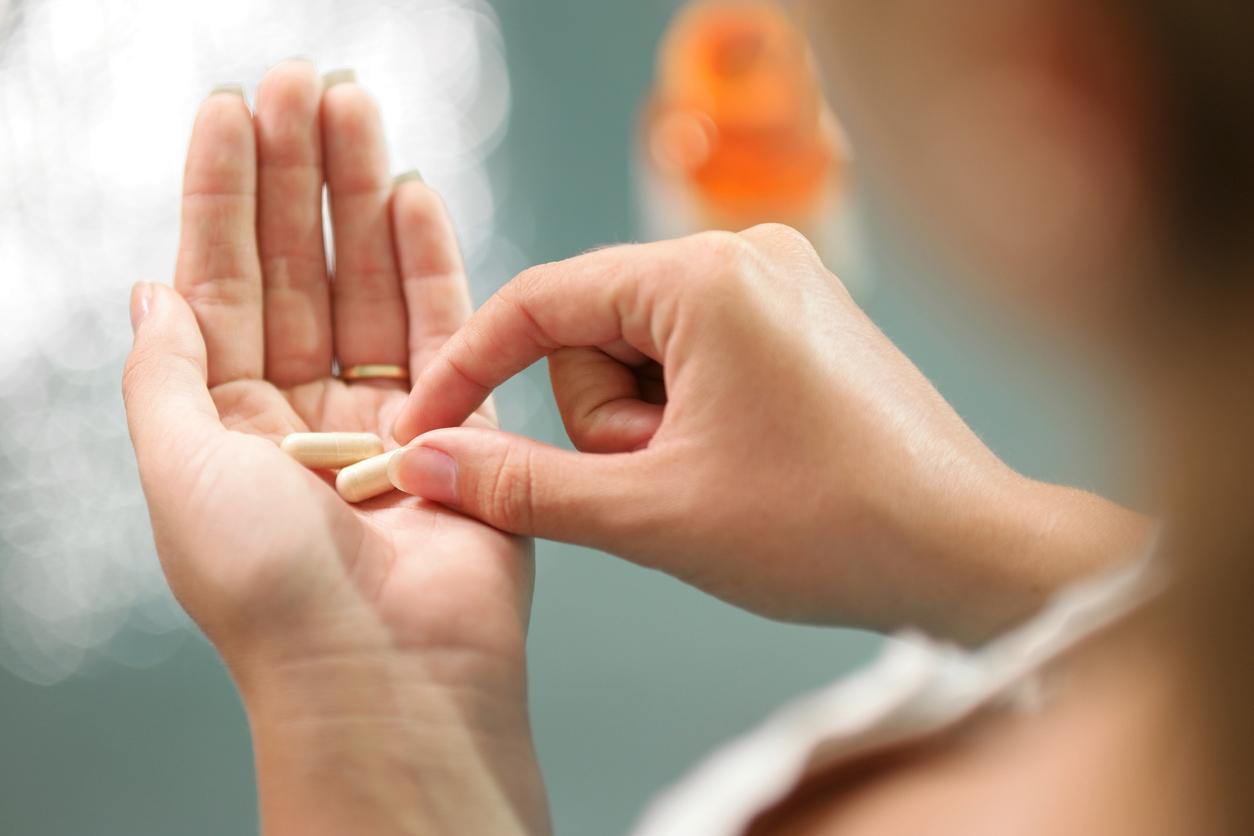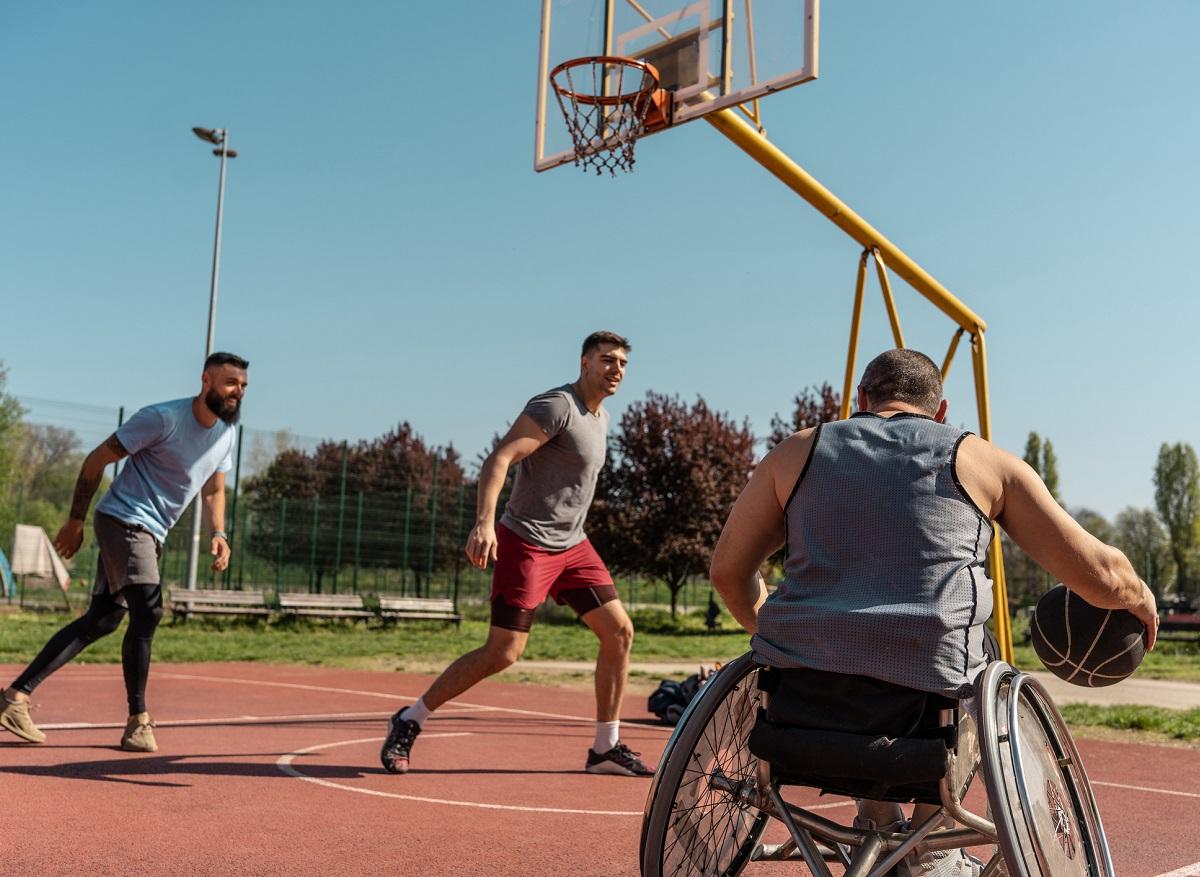Approaching your hour of gym on an empty stomach is the best way to expose yourself to significant fatigue, or even to a hypoglycemic attack. And then fall for a chocolate nun. So, before or even during the sport session, we eat and hydrate. Some examples.
Morning jogging
Yes you run for at least an hourevery day, start by adding starchy foods (pasta, rice, mash, etc.) to your evening menu. This is the basic rule for boosting your endurance: over the course of the night, your body will have had time to assimilate these complex carbohydrates by digesting them, and your energy reserves will all be ready to function.
Before you go, drink coffee, tea or water. Swallow a few prunes, dried apricots, or even a bar of marzipan. While running, drink small sips of water regularly. In case of intense pumping, bite again some dried fruit.
Water aerobics time between noon and two
Half an hour before, bite into a cereal bar or some dried apricots.
The tennis match once a week
Digestion takes time. And you can’t play well with a full stomach. If your weekly match starts at 3:00 p.m., if possible, move the mealtime forward to 11:30 a.m. And adopt this pre-competition menu: 1 serving of lean meat or fish accompanied by mash or pasta and cooked vegetables (more digestible), 1 natural yogurt, 1 compote and why not, some dry cookies. Then, do not consume anything more until the match but, during the match, drink at each change of sides.
The weekend bike ride
Eat a solid breakfast so that you can maintain your effort for at least two hours. For example: tea or coffee, 2 nice slices of lightly buttered wholemeal bread, 1 slice of ham or 1 egg, 1 natural yogurt, 1 kiwi. During the ride, drink every 10 minutes in small sips, limiting yourself to ½ liter per hour (maximum absorption amount by the body).
The fitness session two evenings a week
Here is a sport that requires maximum energy and good muscle tone. To be on top of the game at the end of the day, have a real meal at noon: raw vegetables, hot dish with meat or fish, starchy foods and vegetables, dairy products. Before leaving, do not eat anything, just drink water. But at snack time, grab a cereal bar and a piece of fruit to build up your energy reserves. This way, you will have already digested well before going to let off steam around 7 or 8 p.m. And during the lesson, keep a small bottle of water near you and drink a few sips every quarter of an hour.
And after the sport?
After the effort, rehydrate yourself with a soup (cold or hot) rich in minerals. And treat yourself to a slice of bread and a full salad (easy to prepare the day before) made with brown rice, quinoa, bulgur, lentils …, chicken breasts or smoked salmon, and vegetables. Wholemeal brown bread, wholemeal pasta or basmati rice (with a low glycemic index) will keep you full and the chicken or salmon (protein) will help you repair and regenerate your muscle mass.
If you have sweated well, especially after a long bike ride, an extended tennis match …, then you need to replenish your water reserves by drinking, for example, a sparkling water rich in bicarbonates (such as Saint-Yorre, Badoit …). Swallow 2 or 3 glasses during the meal, because on an empty stomach, the fragile intestines can suffer.
Sport and water: the winning duo!
Sweat represents 70 to 80% of water loss during and after exercise.
And sweating also causes a loss of minerals necessary for the proper functioning of the body. Depending on the exercise practiced, the temperature and the humidity level of the ambient air (beware of overheated and poorly ventilated rooms!), The amount of sweat produced increases. A game of tennis or football can lead to the elimination of 3 to 4 liters of water. This is to say if it is important to hydrate from the beginning of the exercise. For a sporting activity lasting less than an hour, drinking tap water or mineral water at the rate of ½ liter per hour is sufficient.
On the other hand, if the effort is prolonged, it is better to enrich your drink with carbohydrates (fruit juice) and cooking salt.










